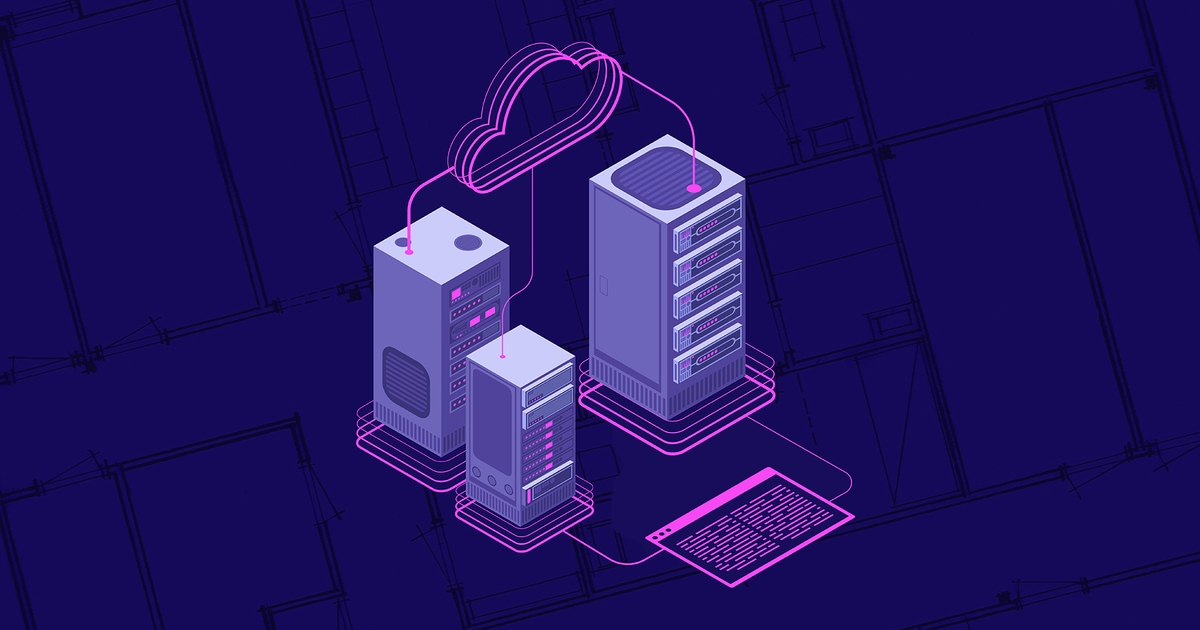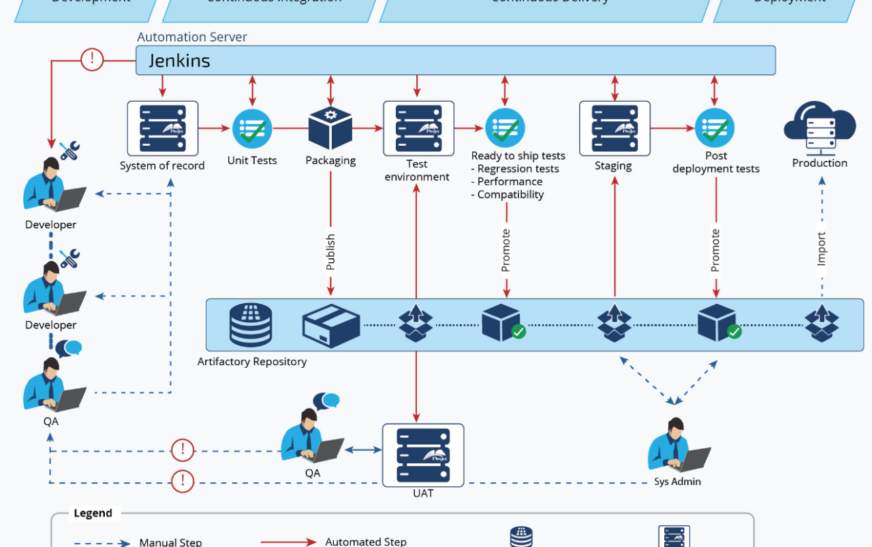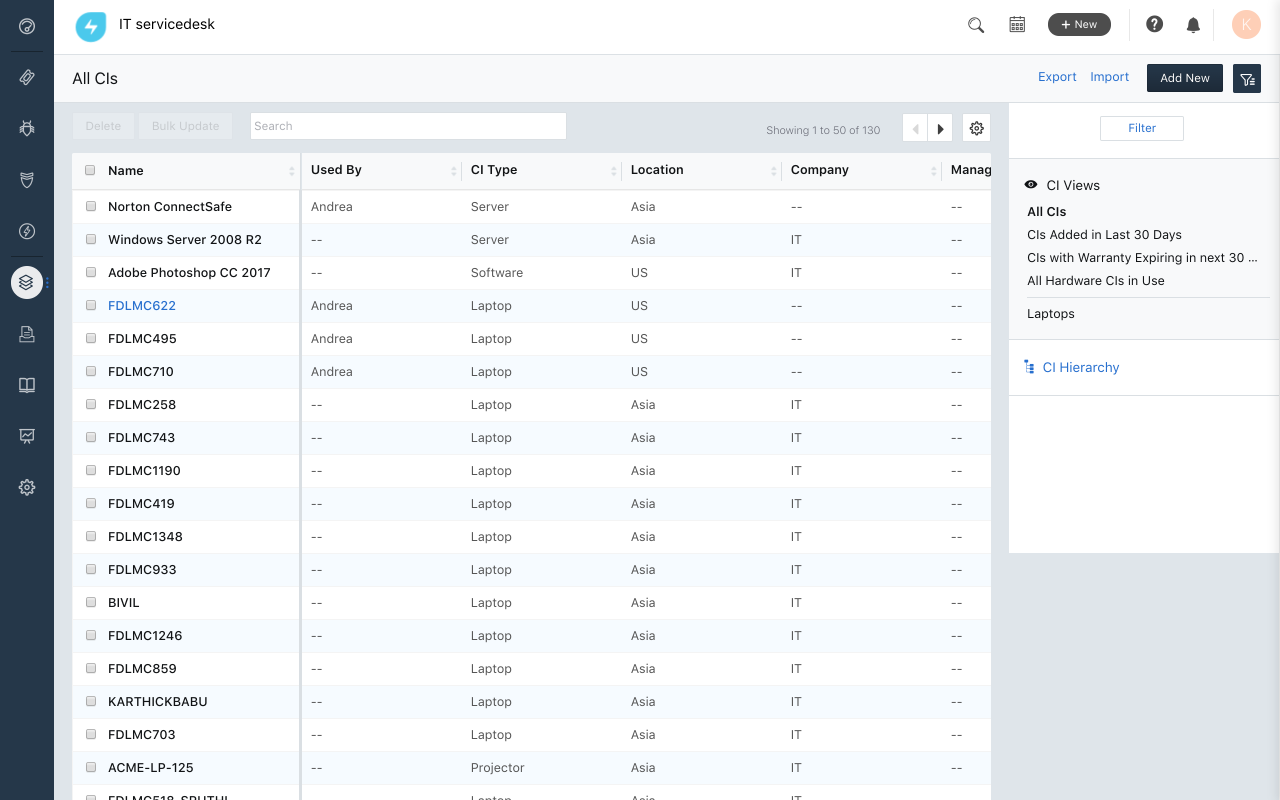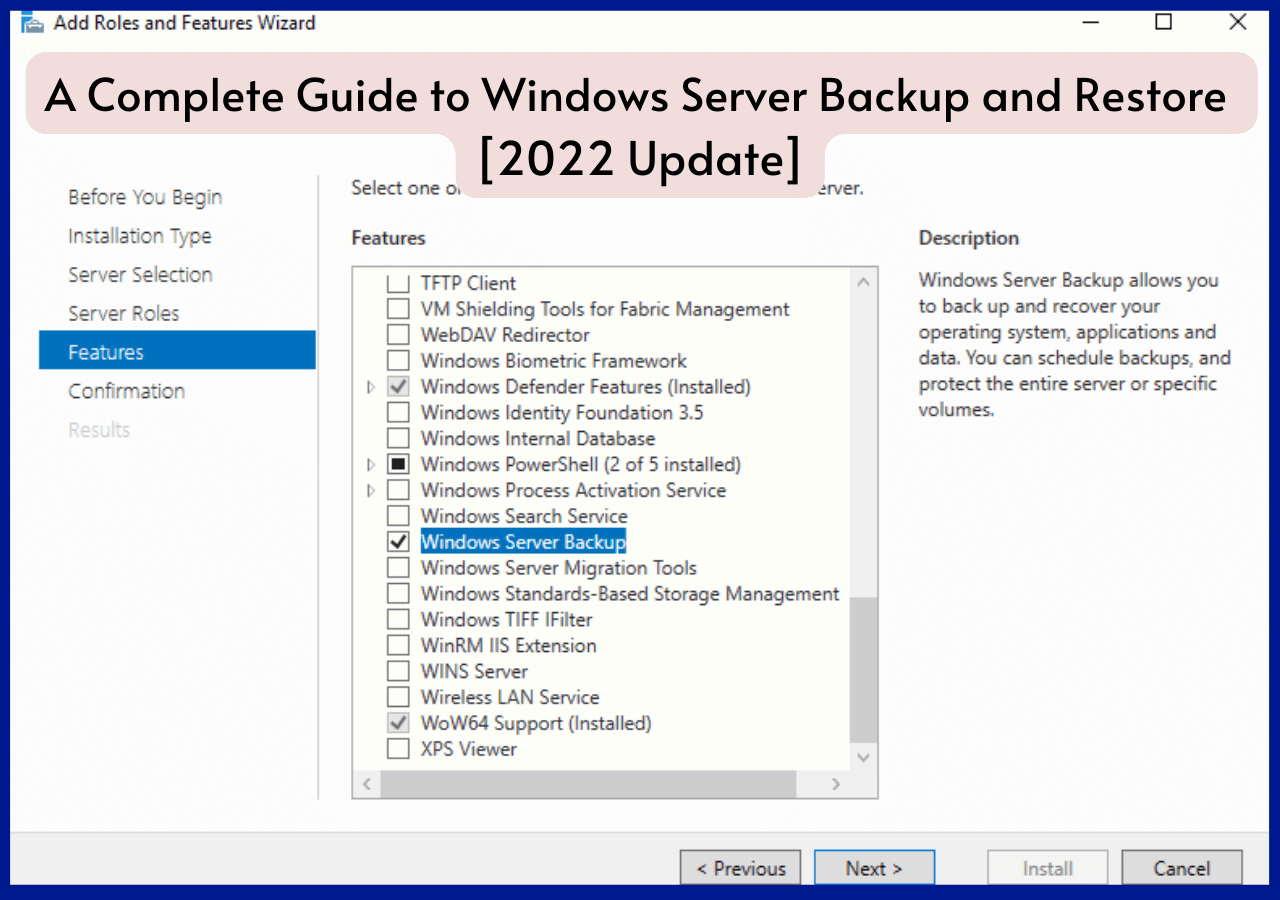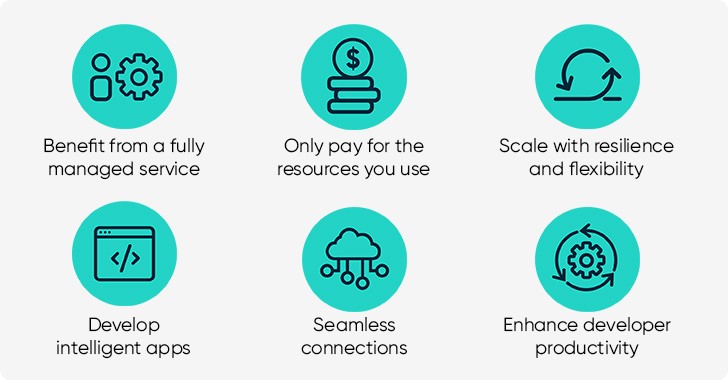Starting with The Importance of Server Scalability, businesses thrive on the ability to adapt and grow. Discover how this crucial element can impact operations and enhance user experience.
Importance of Server Scalability: The Importance Of Server Scalability
Server scalability is a crucial factor for businesses in today’s digital landscape. It refers to the ability of a server to handle increasing workloads or its capacity to accommodate growth without compromising performance.
When it comes to managing digital assets, having the right tools is crucial for efficiency and organization. Check out this list of the Top Digital Tools for Managing Digital Assets that can help streamline your workflow and maximize productivity.
Enhanced Performance and Reliability
When a company’s server lacks scalability, it can lead to downtime, slow loading times, and system crashes, impacting the overall operations of the business. Customers may experience frustration due to service interruptions, leading to a negative impact on the company’s reputation.
Cost-Efficiency
By investing in scalable servers, businesses can avoid unnecessary costs associated with constant upgrades or purchasing additional hardware to meet increasing demands. Scalable servers allow companies to adapt to changing requirements without incurring significant expenses.
Improved User Experience
Server scalability plays a crucial role in enhancing user experience by ensuring that websites or applications can handle a large number of concurrent users without performance issues. This leads to higher customer satisfaction, increased engagement, and ultimately, better business outcomes.
Benefits of Scalable Servers
Scalable servers offer a range of advantages that can greatly benefit businesses in various ways.
Cost-Effectiveness
- Scalable servers allow businesses to adjust their resources based on demand, preventing the need to invest in expensive hardware that may not be fully utilized.
- By scaling resources up or down as needed, businesses can optimize their spending and avoid unnecessary costs.
- Additionally, scalability enables efficient resource allocation, ensuring that businesses pay only for the resources they actually use.
Efficiently Handling Traffic Spikes
- During peak periods or sudden spikes in traffic, scalable servers can easily accommodate increased demand without causing downtime or performance issues.
- By automatically adjusting resources to match traffic fluctuations, businesses can maintain smooth operation and provide a seamless user experience.
- This ability to handle traffic spikes efficiently is crucial for businesses with dynamic workloads or seasonal fluctuations in demand.
Supporting Business Growth and Expansion
- Scalability allows businesses to scale their infrastructure in line with growth, ensuring that systems can support increased workload and user base.
- As businesses expand, scalable servers provide the flexibility to adapt to changing requirements without the need for major overhauls or disruptions.
- This adaptability and flexibility are essential for businesses looking to grow and seize new opportunities without being constrained by their IT infrastructure.
Factors Affecting Server Scalability
When it comes to server scalability, there are several key factors that play a crucial role in determining the ability of a server to handle increased workloads efficiently. These factors include hardware capabilities, software configurations, and the adoption of cloud computing solutions.
Server orchestration plays a crucial role in managing and automating server infrastructure. Explore the best tools available for server orchestration in this comprehensive guide to The Best Tools for Server Orchestration that can help streamline operations and improve efficiency.
Role of Hardware in Server Scalability
Hardware is a fundamental factor influencing server scalability. The processing power, memory capacity, storage capabilities, and network bandwidth of a server all impact its ability to scale effectively. Upgrading hardware components such as processors, RAM, and storage drives can significantly enhance a server’s scalability by providing the necessary resources to handle growing demands efficiently.
Measuring social media ROI is essential for any business looking to track the success of their online marketing efforts. Discover the Top Digital Tools for Measuring Social Media ROI that can provide valuable insights and analytics to optimize your social media strategy.
Role of Software in Server Scalability, The Importance of Server Scalability
Software configurations also play a vital role in determining server scalability. Optimizing operating systems, databases, and applications for performance and resource utilization can improve a server’s scalability by maximizing efficiency and reducing bottlenecks. Implementing load balancing, clustering, and caching mechanisms can further enhance the scalability of servers by distributing workloads effectively and improving response times.
Revolutionizing Server Scalability with Cloud Computing
Cloud computing has revolutionized server scalability by providing flexible and scalable infrastructure solutions. Cloud platforms offer on-demand resources, auto-scaling capabilities, and pay-as-you-go pricing models that enable businesses to scale their server resources dynamically based on changing workloads. This scalability is achieved by leveraging the vast resources of cloud providers, eliminating the need for businesses to invest in and manage their physical server infrastructure.
Strategies for Improving Server Scalability
Improving server scalability is crucial for ensuring that your system can handle increased workloads efficiently. There are various techniques and best practices that can help enhance server scalability, including load balancing and capacity planning.
The Importance of Load Balancing
Load balancing plays a key role in achieving optimal server scalability by distributing incoming network traffic across multiple servers. This helps prevent any single server from becoming overwhelmed, ensuring that resources are utilized effectively. By implementing load balancing, you can improve performance, reliability, and scalability of your system.
- Load balancing helps in maximizing resource utilization by evenly distributing workloads.
- It enhances fault tolerance by reducing the risk of server failures due to excessive traffic.
- Improves response time and overall user experience by efficiently managing traffic flow.
By implementing load balancing, you can ensure that your system is able to handle increased traffic without compromising performance or reliability.
Best Practices for Capacity Planning
Capacity planning is essential for ensuring scalable server architecture by accurately forecasting resource requirements and allocating them accordingly. By following best practices for capacity planning, you can avoid bottlenecks, optimize resource utilization, and maintain system performance as demand grows.
- Regularly monitor and analyze system performance to identify potential bottlenecks or resource constraints.
- Forecast future resource needs based on historical data, growth trends, and projected workloads.
- Allocate resources effectively by scaling vertically or horizontally based on demand and workload patterns.
Capacity planning helps in anticipating and accommodating future growth, ensuring that your server architecture remains scalable and responsive to changing requirements.

As we conclude, it’s evident that investing in server scalability is not just a choice but a necessity for sustainable growth and success. Embrace scalability to unlock your business’s full potential.




